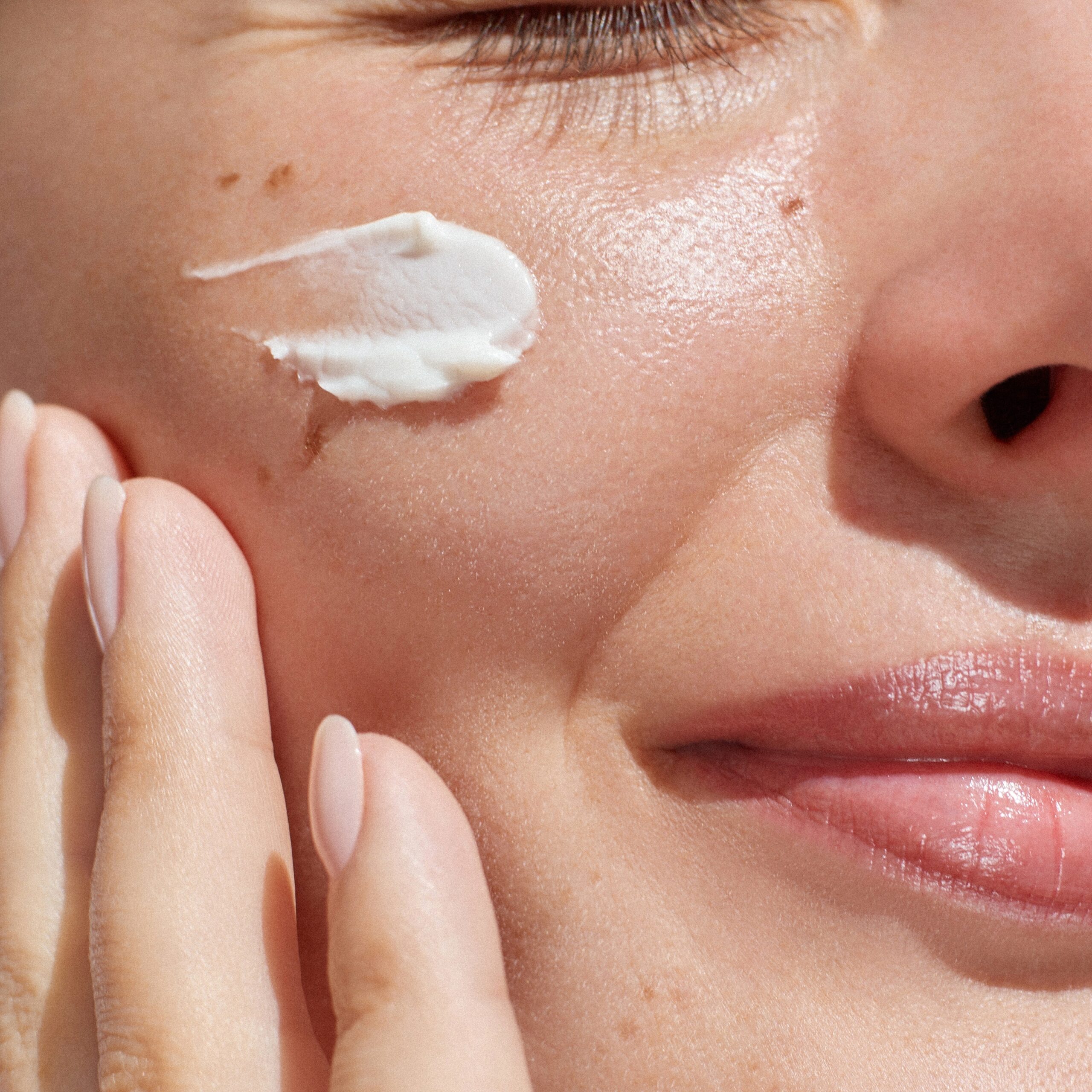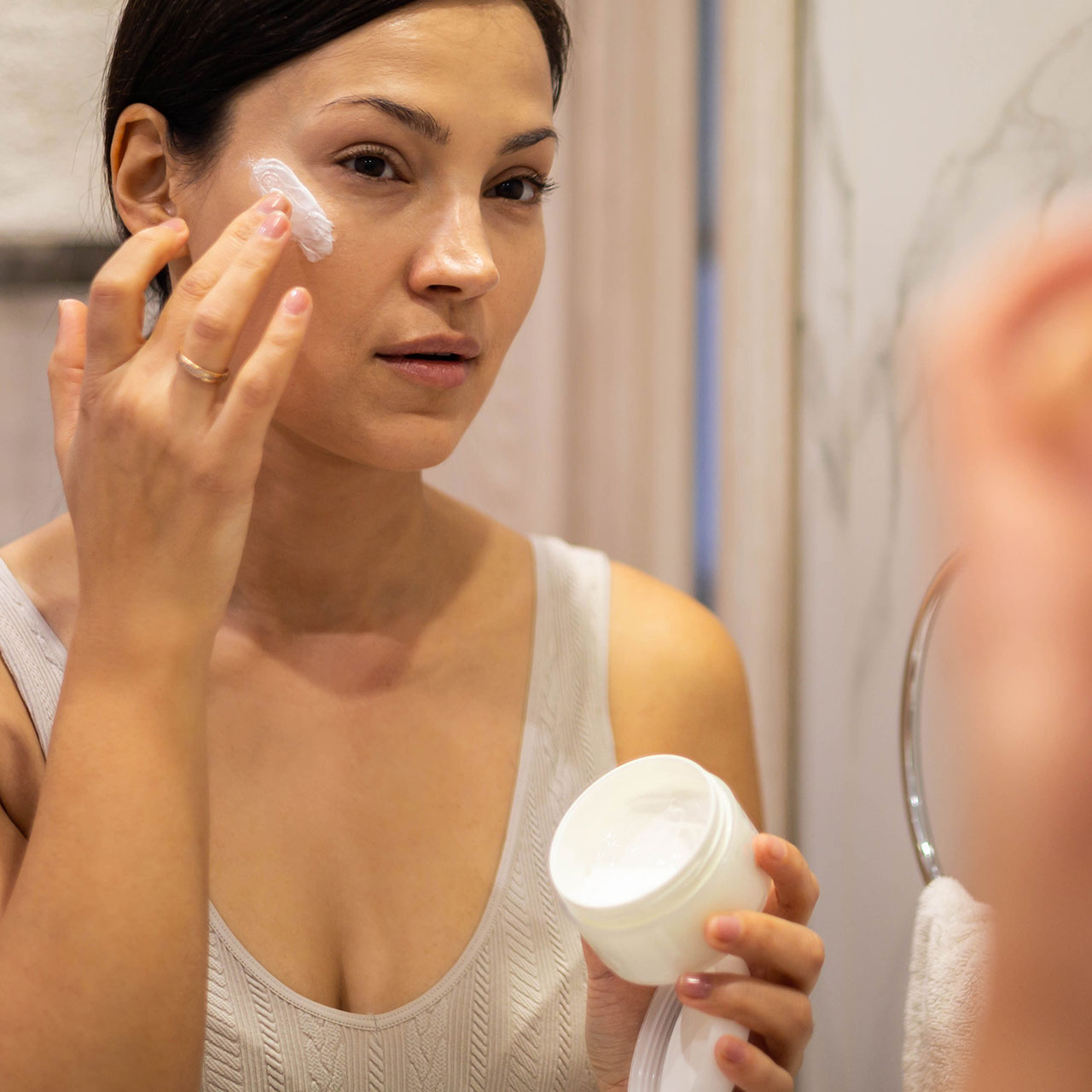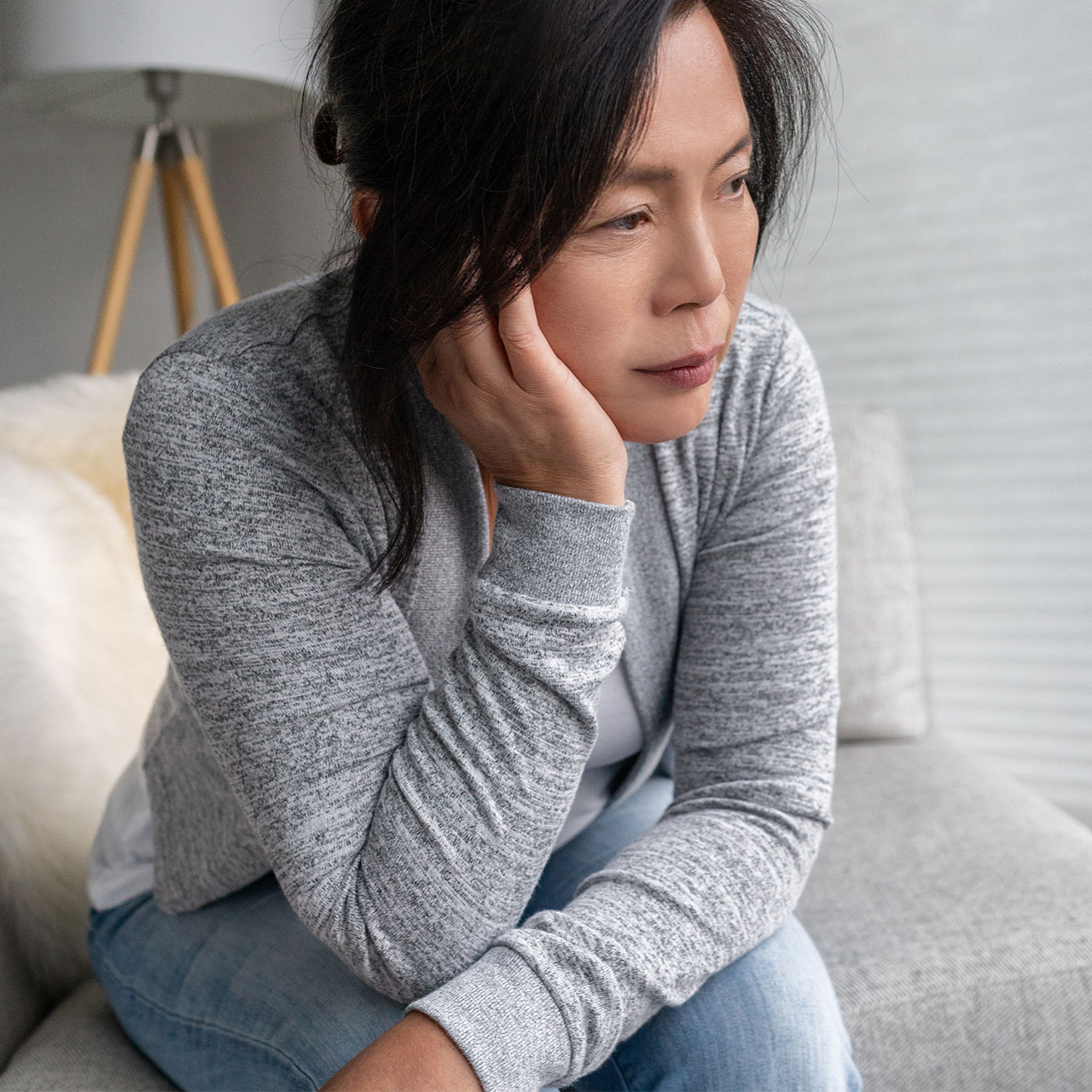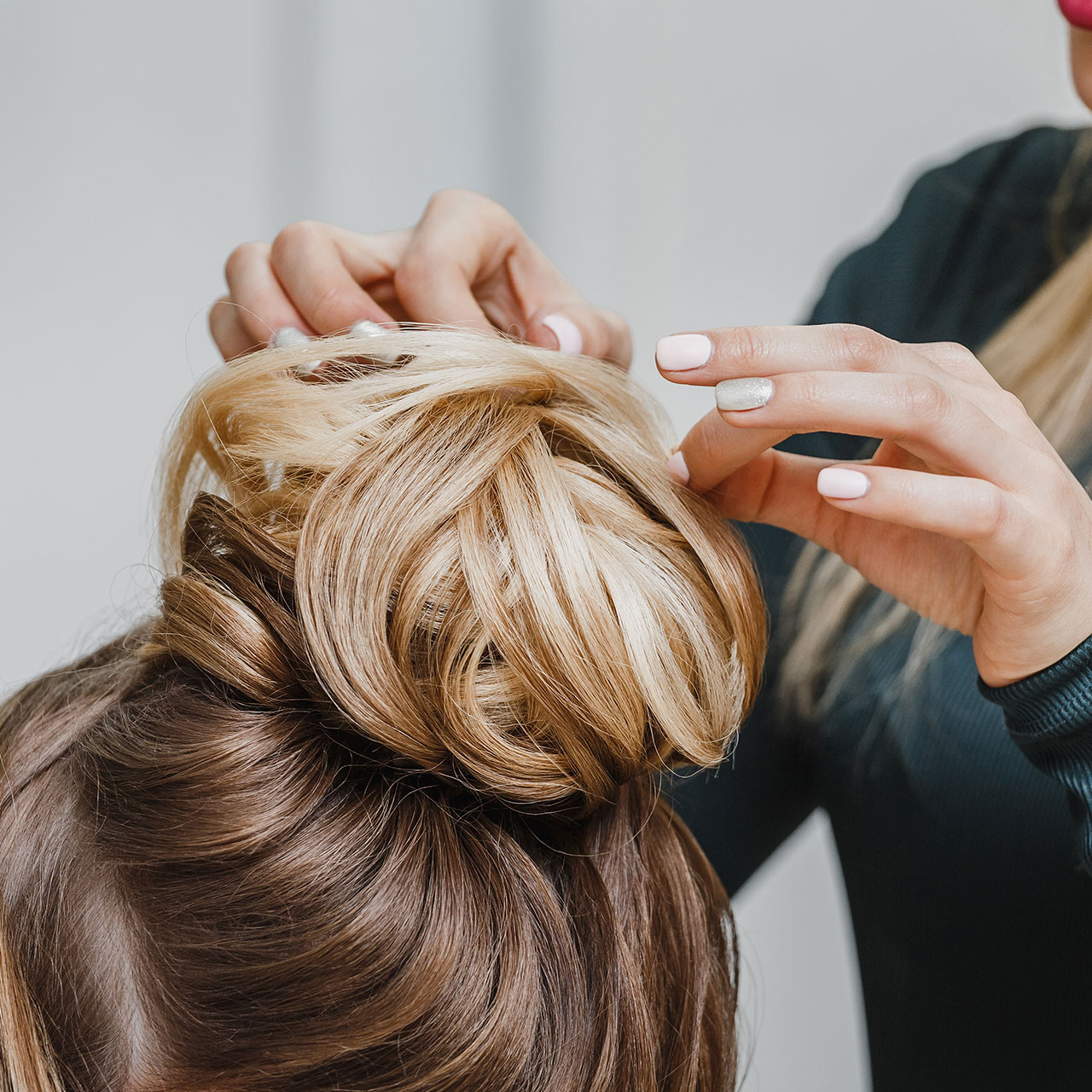Moisturizer is an essential step in any healthy skincare routine, and finding the right product for your skin is equally as vital. With that said, we checked in with dermatologists and skincare experts to learn more about 2 common pore-clogging ingredients to be wary of when choosing a moisturizer (and which to look out for instead!) Read on for tips, suggestions and insight from Dr. Anna Chacon, MD, dermatologist and writer at MyPsoriasisTeam.

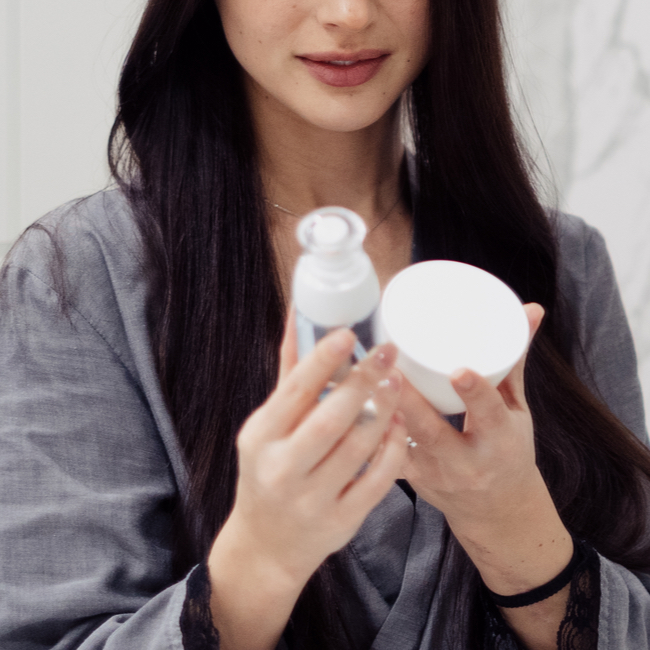
Tip 1. Avoid Algae Extracts & Isopropyl Palmitate
The first ingredient Chacon stresses to avoid if your goal is to have non-clogged pores is an algae extract. This ingredient, she says, "penetrates the pores and accelerates the growth of micro-comedones." These are high in iodides, which she says "may irritate the pore, trigger inflammation and cause formation of pustules." This "nasty ingredient" can be found in some concealers and moisturizers, she warns, and is "rated a 5 on the comedogenic scale." The second ingredient Chacon says to skip is isopropyl palmitate. "This fatty acid is a common ingredient in many tinted moisturizers, and is very likely to cause pimples on acne-prone skin because of its strong comedogenic properties," she advises. The term "comedogenic," which Chacon notes is "used to refer to pore-clogging ingredients," are not advisable for acne-prone skin, because "they can cause breakouts, especially if these ingredients are present at high enough concentrations."

2. Choose A Moisturizer Designed For Your Skin Type
Whether you have oily, dry or combination skin, there is a moisturizer product that best coincides with each, Chacon says. "The best moisturizer for oily skin is a water-based, oil-free moisturizer such as gel moisturizer," she suggests. Gel moisturizers are oil-free, she adds, and "mostly humectants-based with rejuvenators for additional benefits." These moisturizers, she adds are "good for acne-prone skin, too." For dry skin, she says "a cream will be the best moisturizer, because its thickness means it will feel relatively heavy on the skin and will take longer to dry."
For combination skin types, Chacon says you're in luck, as "any type of moisturizer will do." If your skin is "normal but on the dry side, you might want to use a thicker, cream moisturizer," she advises. If your skin is normal but on the oily side, she then says "a gel or gel cream/water cream might be best." People with sensitive skin should look for "fragrance-free moisturizers that are free of parabens and irritants," she urges. Regardless of what skin type you have, Chacon concludes that it’s best to do patch test before applying thoroughly onto the face. Noted!












